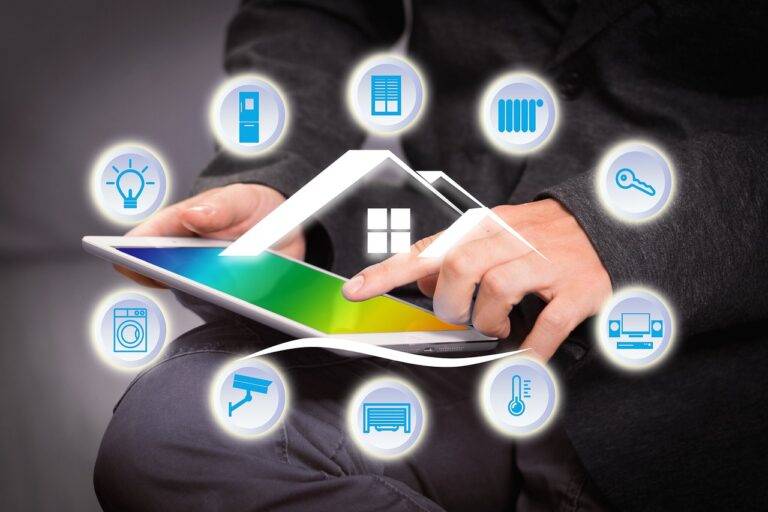Tech Innovations in Waste Management
Smart bins offer an innovative solution to modern waste management challenges. By incorporating technology such as sensors and real-time data tracking, these bins can optimize waste collection routes, leading to cost savings and increased efficiency. Additionally, the implementation of smart bins can help reduce carbon emissions by minimizing the number of collection trips needed.
Furthermore, smart bins promote sustainability by encouraging proper waste segregation among users. With features like fill-level sensors and monitoring systems, these bins enable timely waste collection and prevent overflow, reducing littering and promoting a cleaner environment. Overall, the benefits of implementing smart bins extend beyond just waste management, contributing to a more sustainable and eco-friendly future.
Role of IoT in Waste Management
The Internet of Things (IoT) has revolutionized the way waste management is approached in modern times. With IoT technology, sensors can be integrated into waste bins to monitor their fill levels in real-time. This data enables waste management companies to optimize collection routes, reducing unnecessary trips and contributing to more efficient operations. Moreover, the data generated by IoT devices can be analyzed to identify trends and patterns, allowing for better planning and decision-making in waste management processes.
Apart from fill level monitoring, IoT solutions can also be used to detect and report issues such as bin contamination or blockages. This proactive approach helps in maintaining the cleanliness of the surrounding environment and ensures that waste is disposed of properly. By leveraging IoT in waste management, not only can operational costs be minimized, but the overall effectiveness and sustainability of waste collection and disposal practices can be significantly improved.
Advancements in Recycling Technologies
In recent years, the field of recycling technologies has seen significant advancements that have revolutionized how waste is managed and processed. One notable innovation is the development of optical sorting machines that use sensors to identify and separate different types of materials accurately and efficiently. These machines not only increase the speed of sorting but also improve the quality of recycled materials, leading to a higher value in the market.
Another groundbreaking advancement in recycling technologies is the introduction of plastic-to-fuel conversion processes. Through pyrolysis and depolymerization techniques, non-recyclable plastics can be converted into valuable fuels like diesel or gasoline. This not only reduces the amount of plastic waste in landfills but also provides a sustainable energy source, contributing to a more circular economy.
What are the benefits of implementing smart bins?
Implementing smart bins can help optimize waste collection routes, reduce operational costs, improve recycling rates, and promote sustainable practices.
How does IoT technology play a role in waste management?
IoT technology enables real-time monitoring of waste levels in bins, predictive maintenance of equipment, data analytics to optimize waste collection, and efficient resource allocation.
What are some advancements in recycling technologies?
Some advancements in recycling technologies include automated sorting systems, chemical recycling processes, advanced composting techniques, and innovative materials recycling methods.





